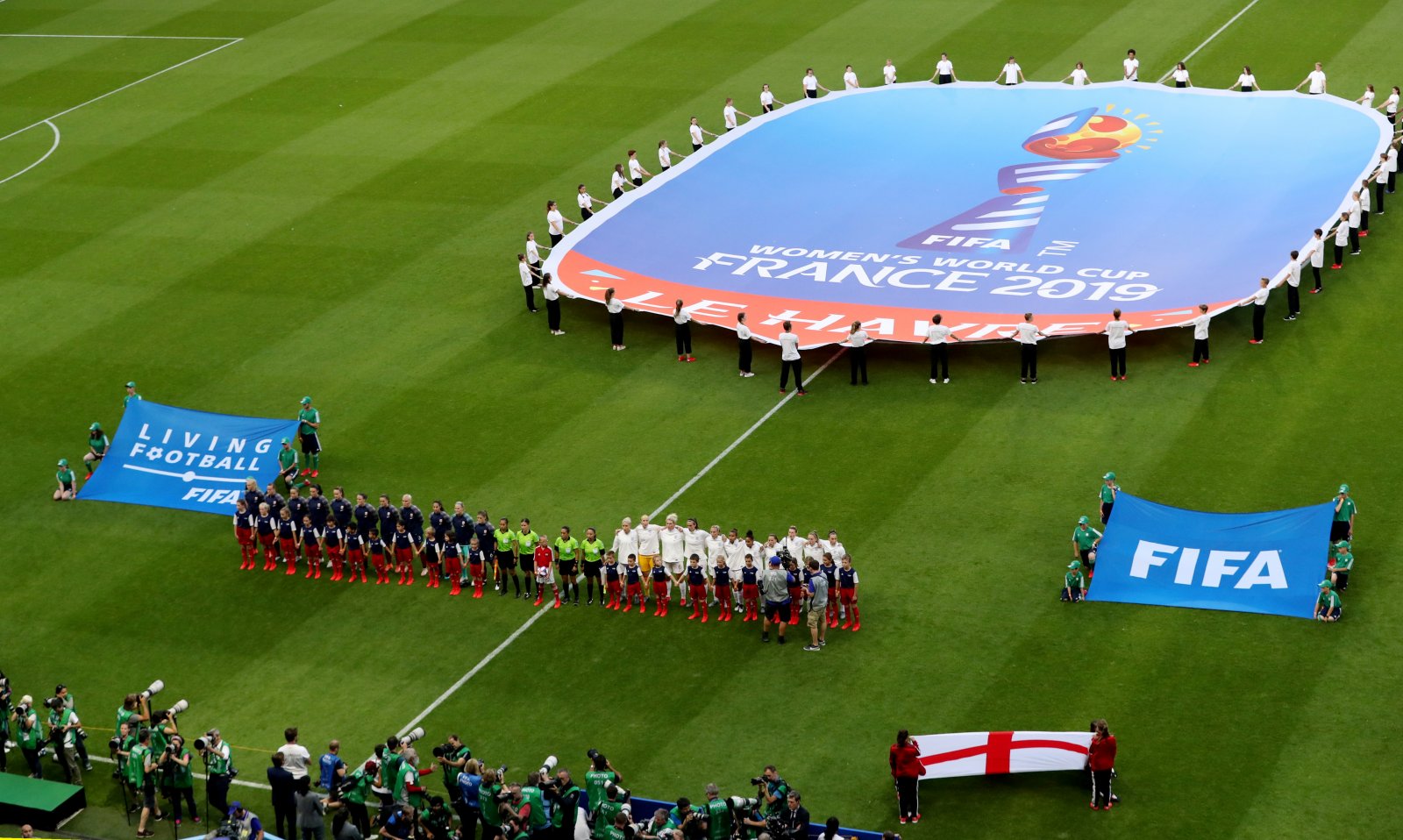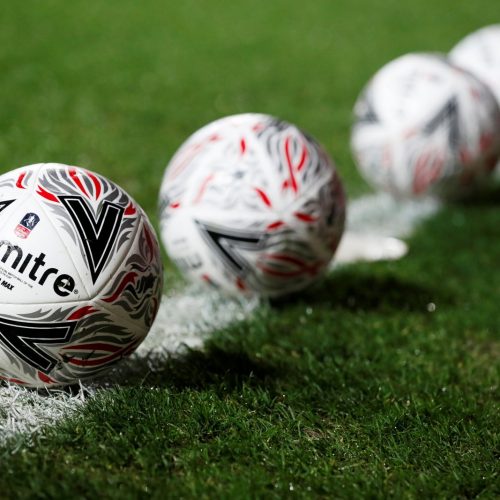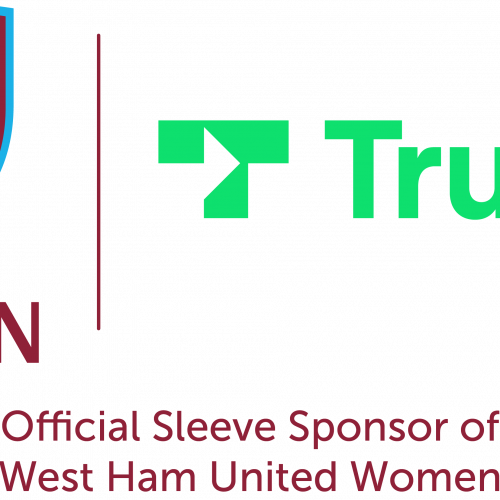What media coverage of the World Cup tells us about growing women’s football
This summer’s World Cup has seen more media coverage for women’s football in the UK than at any other time. It is breaking viewing records for the BBC and points to a growing interest in the sport.
That leads to the inevitable question of is this a turning point for women’s football? Is this the moment it becomes mainstream, generating even more media coverage and brand investment?
But the other side of the coin asks about the strategy that the sport industry should follow for growing women’s football further. Should it really be presented as an inspirational or motivational tool for women and girls? And is this World Cup being used as a showcase for these ideals in too vigorous a manner?
In normal circumstances, such lofty goals aren’t talked about with such fervour at major tournament, but from the coverage you get the feeling that this is no normal circumstance – but rather a moment where women’s football finally gets the coverage the sport deserves in its own right.
The FA’s squad announcement video, for example, was about raising the profile of their team. The German equivalent spoke of a team who represent a country that doesn’t know their names. This is about creating stars and personalities, not necessarily about inspiring a generation: seeing women sports stars make worldwide news is the goal, and that’s what’s inspiring.
Having a product where there are debates, controversial moments and, yes, even moral outrages is part of what makes a sport compelling to watch. This World Cup is generating such moments, even if Phil Neville’s quotes after England’s triumph against Cameroon in the last 16 make it appear as though he’d prefer to watch a polished and sanitised version of sport to grace our screens. Toni Duggan made a very different point in The Guardian before the tournament when she spoke of her experiences when playing in front of 60,000 baying fans at the Wanda Metropolitano as her Barcelona side beat Atletico Madrid en route to the Spanish title last season.
“There’s a picture of me celebrating and behind me there’s actually a man putting one finger up,” she said. “I’m not promoting that or saying it’s a good thing but it kind of showed what it meant. You could feel the passion in the stadium that day”
Debates about the likes of Three UK’s social media faux pas earlier this month show the progress as well as the pitfalls. When the mobile company appeared to jump on the World Cup bandwagon asking for lioness emojis, the charge levelled at them was ambush marketing. The reaction was understandable, maybe even predictable. One argument is that anyone with a platform wishing to raise awareness should do so. The other side of the (quite literal) coin is that growing women’s football means generating money, not emojis.
The question few are asking is what we should do with the information that Three would see the women’s World Cup as an event worthy of ambush at all?
Next month, we’ll arrange a panel of experts at Howard Kennedy in central London to ask about next steps for women’s football. What are the strategies we should be talking about to help grow women’s football after the World Cup ends, and when the real work of ensuring interest in clubs and leagues gets underway.
See the Head of Marketing – Europe at Visa, SVP International at Endeavor, Managing Director at Engine Sport and Sports Partnerships Manager at Twitter give their views on what the industry does next. Asking the questions will be the Chair of the Football Writers’ Association, Carrie Brown.
Grab your ticket below:
About author
You might also like
Leeds United become first football club to sell official jerseys on TikTok
Leeds United is the first football club in the world to partner with TikTok to sell official merchandise and replica jerseys. Coinciding with the release of the new rhapsody purple,
Lewes FC Appoints Sue Anstiss To Its Board Of Directors
The Lewes FC Board is delighted to announce that it has co-opted Sue Anstiss as a Lewes FC Director. Sue has been a driving force for equality in sport for
Trustly extends partnership to become West Ham United Women’s Sleeve Partner
West Ham United is pleased to announce that Trustly has enhanced its relationship with the Club by becoming the Women’s Sleeve Partner. Trustly, the leading global account-to-account payments platform, became








